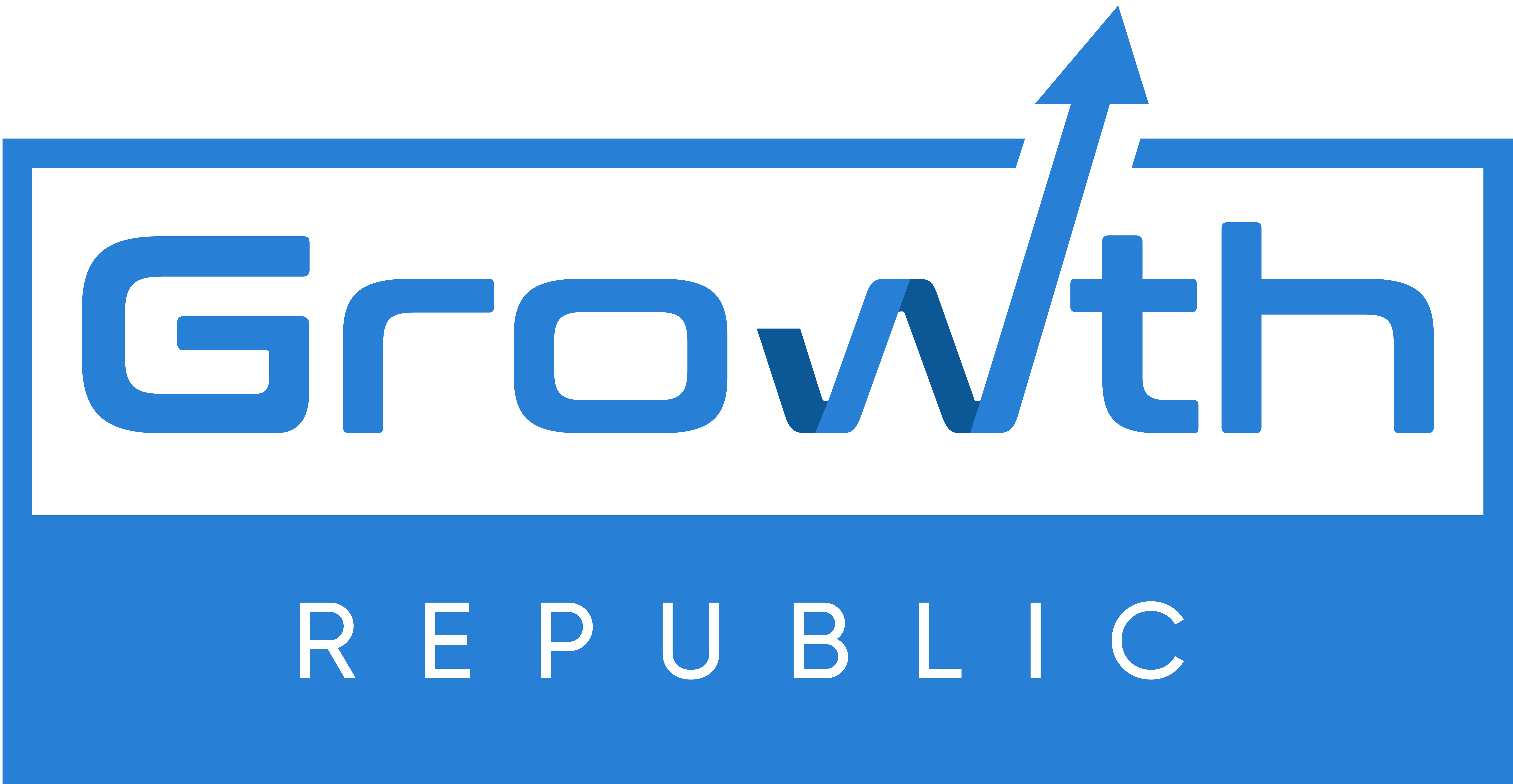In the rapidly evolving world of marketing technology, businesses are leveraging innovative tools to enhance customer experience and drive sales growth. As we enter a new era of marketing, the latest trends emphasize data quality, personalization, and creative messaging to stay relevant in a competitive landscape.
One of the most significant trends in marketing technology today is the use of artificial intelligence (AI) and machine learning (ML). These technologies enable brands to analyze vast amounts of customer data, identify patterns, and predict future behavior, providing a clearer understanding of customer needs and preferences. AI-driven insights help marketers create highly personalized campaigns that speak directly to each customer segment, resulting in better engagement and higher conversion rates. Personalization is no longer limited to simply including a customer’s name in an email; it now encompasses understanding individual customer journeys, offering product recommendations, and even optimizing website content in real time.
Another crucial trend is the integration of data management platforms (DMPs) and customer data platforms (CDPs). These tools gather, organize, and unify customer data from various channels, providing a single, comprehensive view of each customer. However, the key to maximizing the impact of this data lies in its quality. Clean, accurate, and qualified data is essential for building effective marketing strategies. Inaccurate data can lead to wasted resources, irrelevant marketing messages, and missed sales opportunities. Data validation tools and rigorous data-cleaning processes ensure that marketers work with the most accurate insights, laying a solid foundation for personalized and impactful campaigns.
Omnichannel marketing platforms are also revolutionizing how brands communicate with their customers. By unifying various touchpoints—such as social media, email, SMS, and in-app messages—businesses can deliver a seamless and consistent brand experience. When customers interact with a brand, they expect a fluid experience, regardless of the channel they use. Omnichannel marketing platforms make it possible to track and analyze customer interactions across channels, creating opportunities for timely, contextually relevant engagement that strengthens customer relationships and boosts loyalty.
A strong creative message is another critical component in this tech-driven landscape. Even with the most advanced data, an uninspiring message will fail to resonate. With consumers bombarded by marketing content daily, it’s essential to cut through the noise with clear, compelling, and authentic messaging. Creative teams are increasingly using tools like dynamic creative optimization (DCO) to deliver visually engaging, data-informed ads that adjust content elements—such as images, headlines, and call-to-action buttons—in real time based on customer behavior. DCO enhances the relevance of ads, making them more likely to engage customers and drive action.
Furthermore, the trend towards hyper-personalization is helping brands achieve higher sales by targeting individual needs and preferences. By leveraging qualified data, brands can create content that reflects each customer’s unique journey, whether they are exploring, considering, or ready to purchase. This tailored approach improves the customer experience by eliminating irrelevant content, creating a smooth path to purchase, and ultimately increasing sales.
In conclusion, the latest marketing technology trends are helping businesses build stronger customer relationships and drive growth. Clean, qualified data serves as the bedrock for successful marketing, while a clear and creative message ensures relevance. By combining these elements with AI-driven personalization and an omnichannel approach, brands can not only enhance the customer experience but also foster loyalty and significantly increase sales.





Test